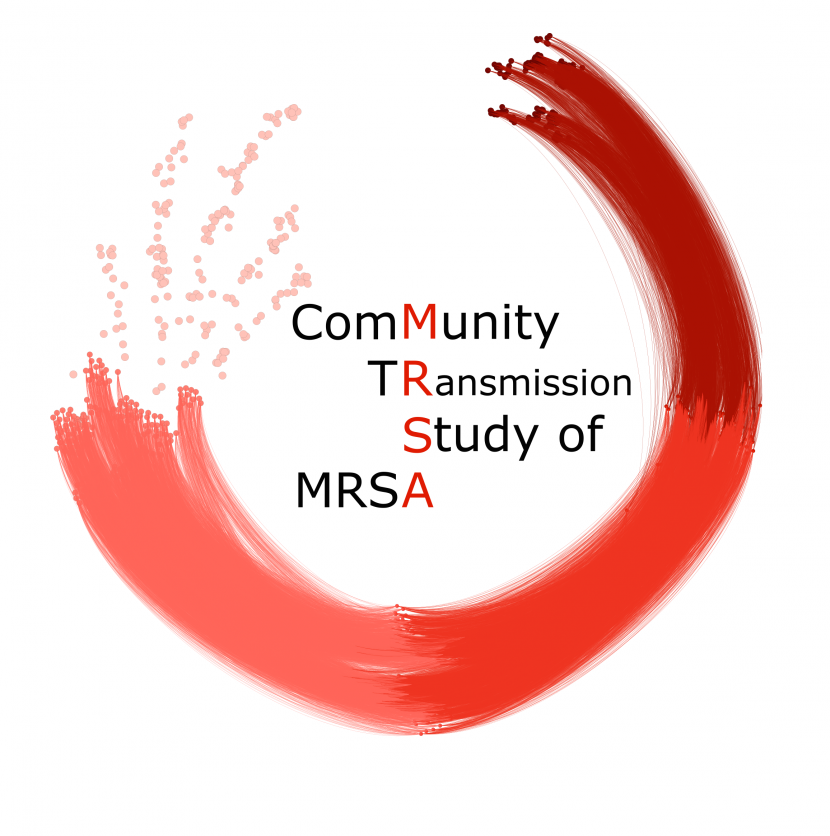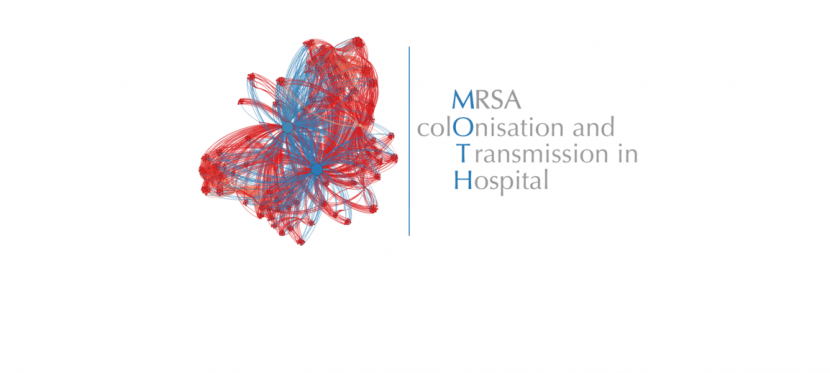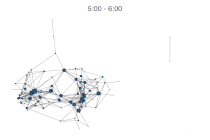Antibiotic use in the human and animal sectors in Cambodia
This two-pronged project aims 1) to understand factors associated with antimicrobial use in Cambodia’s general public and 2) to explore social networks in farming communities and their role in dissemination of health information. Inappropriate antibiotic use is widespread in Cambodia with numerous sources for non-prescription access to antibiotics in both human and farming communities.…







